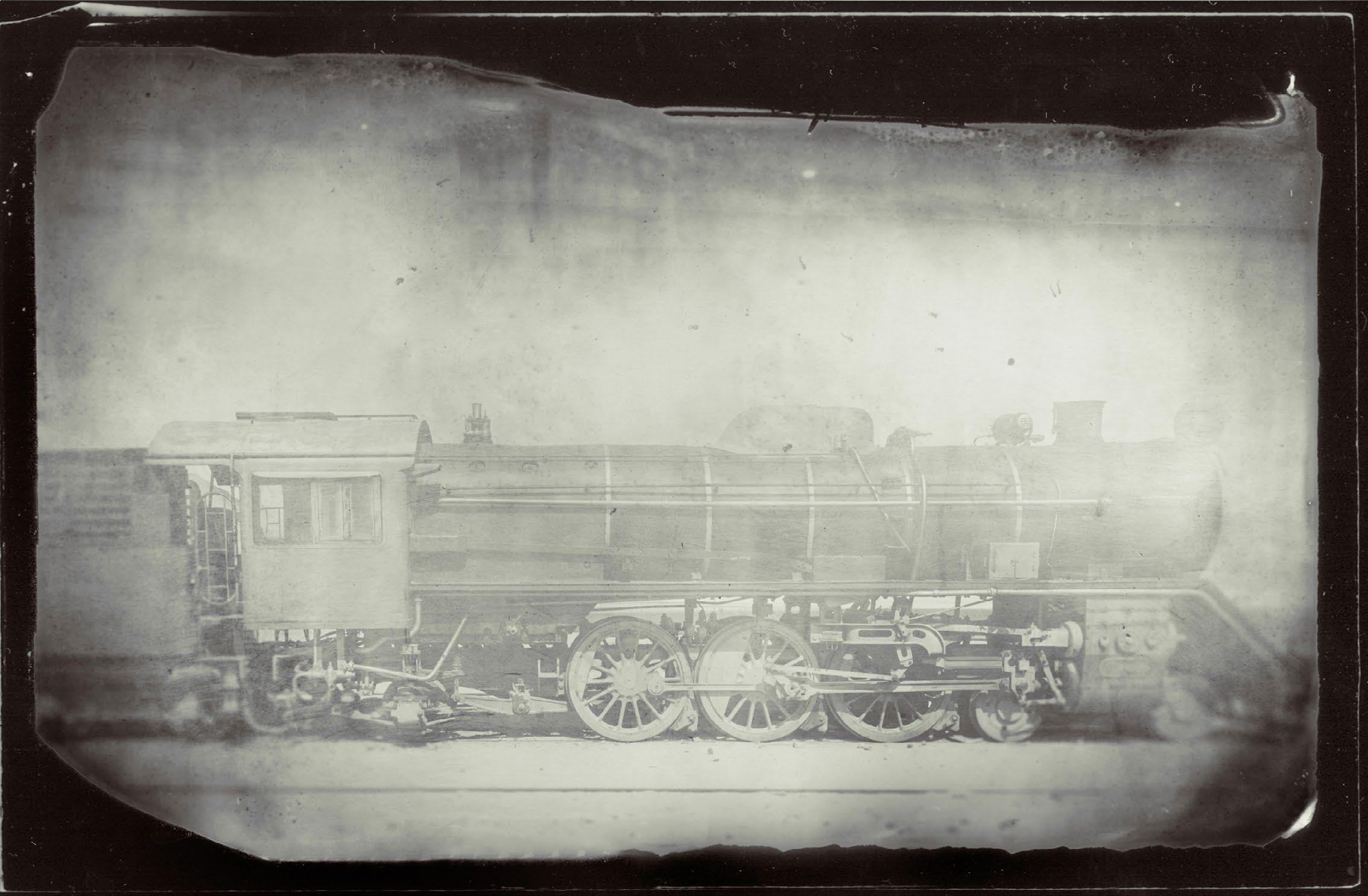
If you want to evoke the past in your photos, why not style them to look as if they were captured decades – or even centuries – ago. There are all sorts of tricks we can employ in Affinity Photo to do so. We’ll explore a host of vintage editing techniques here. First we’ll use a texture in combination with a layer blending mode.
This is an easy way to add faded areas, dirt and grime to our image, as we can transfer the messy bits from our texture onto our photo with ease. Once done, we’ll use Adjustment Layers to remove the colour and add a tint just like an old vintage photo. We can also use filter effects to mimic the imperfections we’d often see in old photos, like soft blurry corners and heavy, dark vignetting. Finally, we can add a vintage border to give the image the look of an old wet plate.
We’ve supplied a fabulous array of old borders amongst the project files for you to experiment with. They’re based on the wet plate collodion technique used by photographers in the 19th century. The technique required photo processing in a mobile darkroom, and resulted in a negative image on a glass plate. Over time the chemicals on the glass would deteriorate and flake, and the surface might become covered in dust and grime. As such, the 10 border files supplied come with two layers – one for the edges, another for the dusty centre area which can be blended with your photos with ease.
STEP BY STEP
GET THE WET PLATE LOOK
Diese Geschichte stammt aus der June 2023-Ausgabe von PhotoPlus : The Canon Magazine.
Starten Sie Ihre 7-tägige kostenlose Testversion von Magzter GOLD, um auf Tausende kuratierte Premium-Storys sowie über 8.000 Zeitschriften und Zeitungen zuzugreifen.
Bereits Abonnent ? Anmelden
Diese Geschichte stammt aus der June 2023-Ausgabe von PhotoPlus : The Canon Magazine.
Starten Sie Ihre 7-tägige kostenlose Testversion von Magzter GOLD, um auf Tausende kuratierte Premium-Storys sowie über 8.000 Zeitschriften und Zeitungen zuzugreifen.
Bereits Abonnent? Anmelden
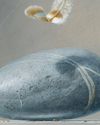
The Art of Copying Art - James Paterson shows you how to use your Canon gear to capture artwork and paintings the right way with simple camera and lighting skills
Whether you want to capture a painting like the above, digitise old prints or reproduce any kind of canvas, there's real skill in capturing artwork with your camera. Not only do you need the colours to be accurate, you also need to master the spread, angle and quality of the light to minimise glare and show the work at its best.This painting by the artist Bryan Hanlon has a wonderfully subtle colour palette. To reproduce the painting in print and digital form, it needs to be captured in the right way.
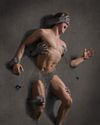
Fright night
Canon photographer and digital artist Alexander loves to craft incredible fantasy scenes with a spooky horror twist

Sharpen your shots with DPP
Sharpening a digital image also increases contrast at the edge of details

CANON ImagePrograf PRO-1100
Deeper blacks, better bronzing, greater lifespan and 5G Wi-Fi -Canon's new printer is full of new tech, says
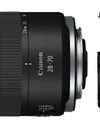
Canon's new 'kit lens' is actually a half-price f/2.8 trinity lens!
The Canon RF 28-70mm F2.8 IS STM lacks a red ring, but borrows premium features from its L-series siblings

DREW GIBSON
Pro motorsports photographer Drew on why he hasn't (yet) switched to Canon's mirrorless system, why old-school techniques can be the most reliable, and the lessons learned from more than a decade shooting the world's biggest car brands

Up in smoke
Make a smoky shape in Affinity Photo and get to grips with the amazing Liquify Persona under the guidance of James Paterson

Expand your creativity with Generative Fill
Photoshop's Al-powered feature brings revolutionary new tools to image editing. James Paterson reveals all...
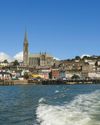
Turn your images into vintage postcards
Wish you were here? Sean McCormack explains how you can give your summer photographs a vintage postcard look

The Angel Malibu
Light painting an American movie producer in the Wadi Rum Desert in Jordan was a highly unlikely evening out for David!